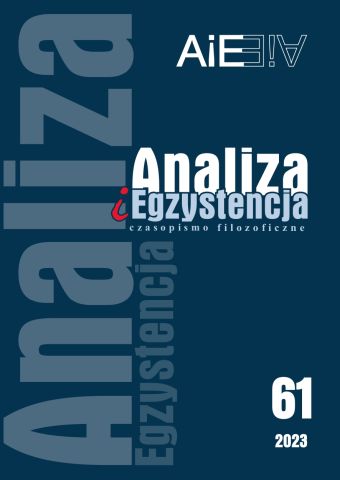The Problem of Culture and Nature in Carl Gustav Jung’s Psychoanalytical Concept
The Problem of Culture and Nature in Carl Gustav Jung’s Psychoanalytical Concept
Author(s): Patrycja NeumannSubject(s): Philosophy, Social Sciences, Psychology, Social Philosophy, Psychoanalysis
Published by: Wydawnictwo Naukowe Uniwersytetu Szczecińskiego
Keywords: Jung’s psychology; culture; nature; archetype; instinct; symbol; libido drive
Summary/Abstract: According to the classical approach, culture is the opposite of nature, and mankind, as a world-transforming being, is the engine of civilization development. C.G. Jung’s writings contain a non-classical concept of culture, according to which the collective unconscious determines the way of interpreting and understanding reality, and thus the development of culture. The psychiatrist considers mankind as a symbol-forming creature. He wrote about the “symbol drive” which causes the creation of symbols to happen spontaneously. There is a connection between the action of instincts, which have a biological basis, and the archetypal source of symbols. There are forces of nature in the unconscious – in particular, the libido and instincts. Culture arises between the unconscious and consciousness, and at the same time, the process of its development has a species-specific aspect.
Journal: Analiza i Egzystencja: czasopismo filozoficzne
- Issue Year: 2023
- Issue No: 61
- Page Range: 51-66
- Page Count: 16
- Language: English

